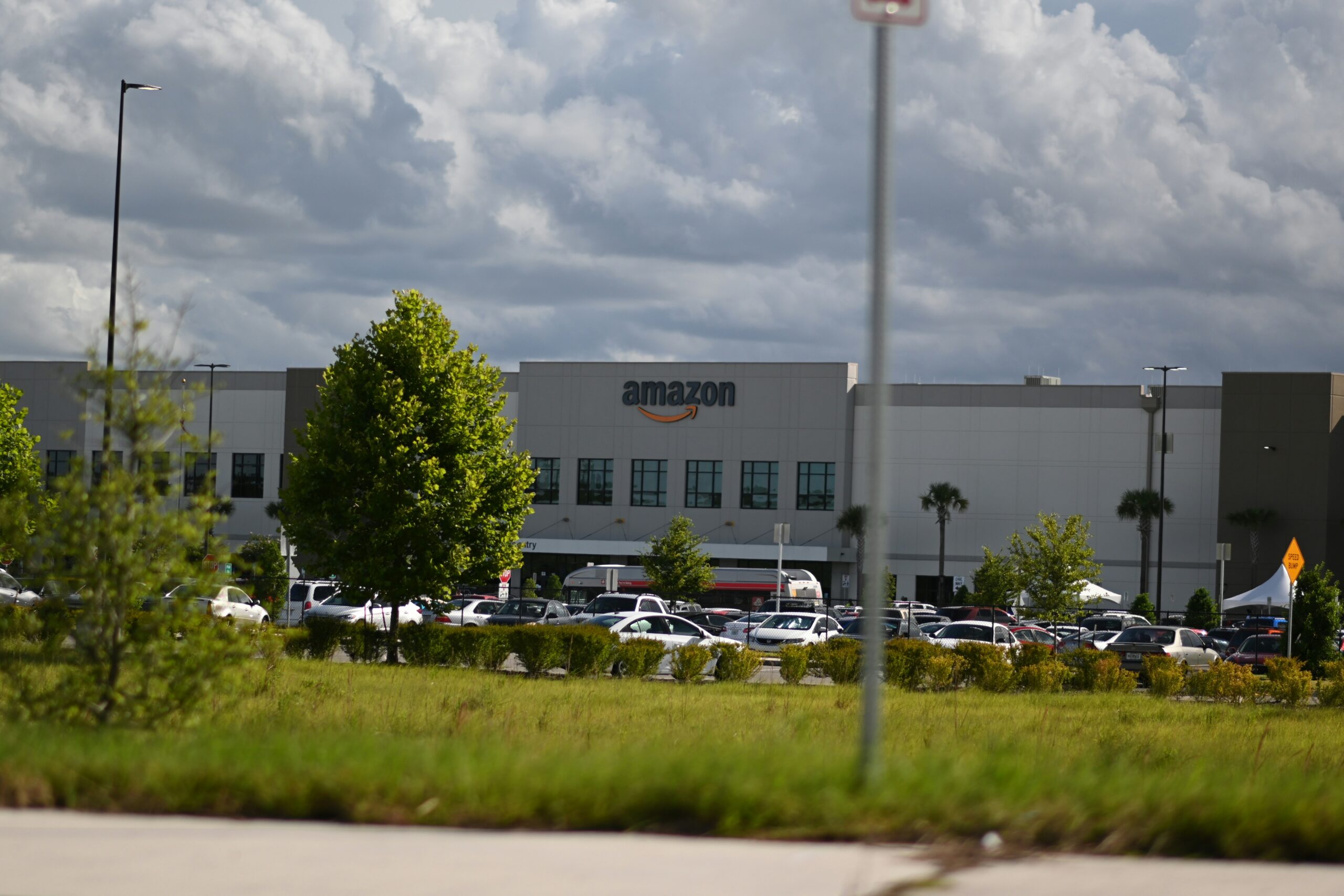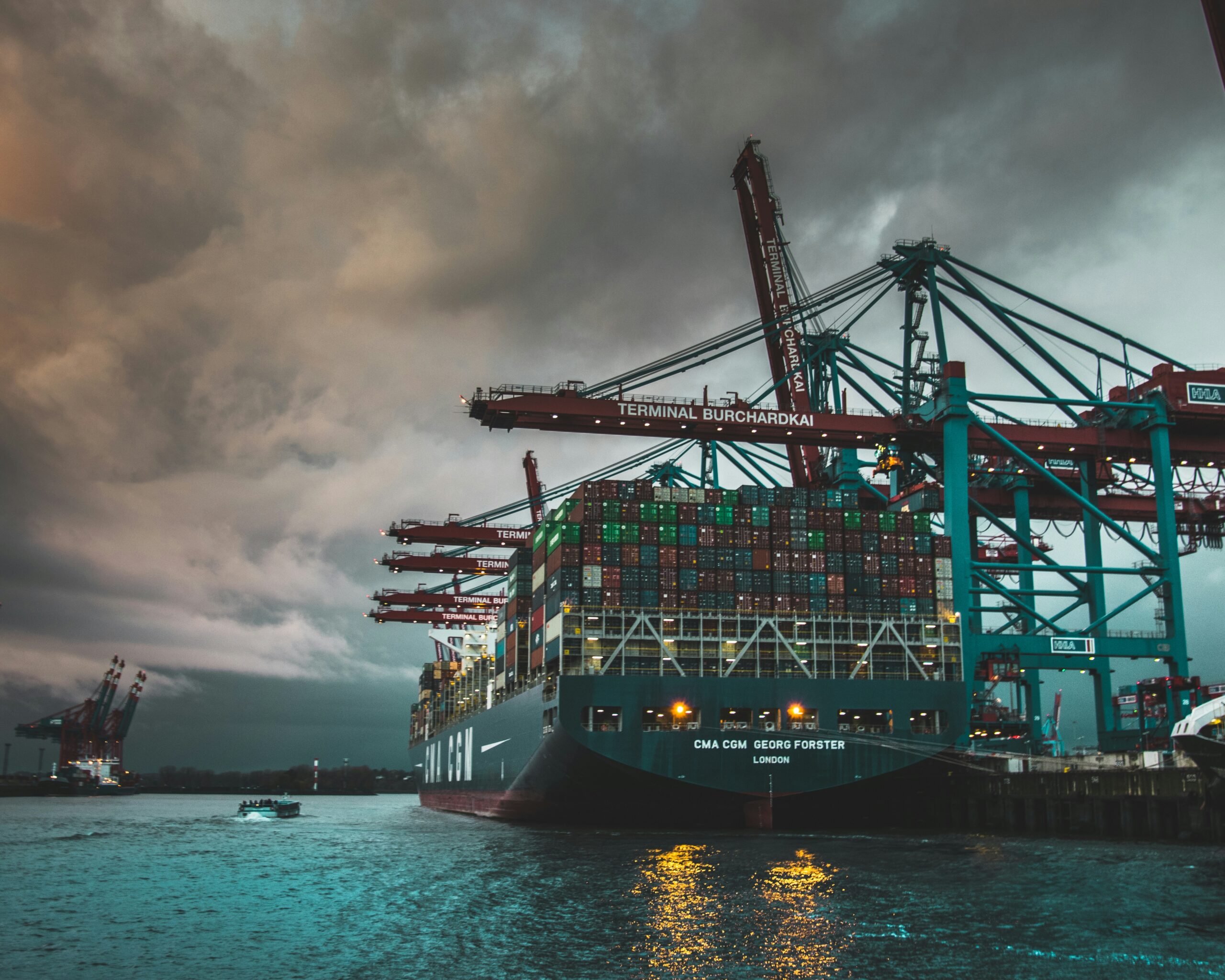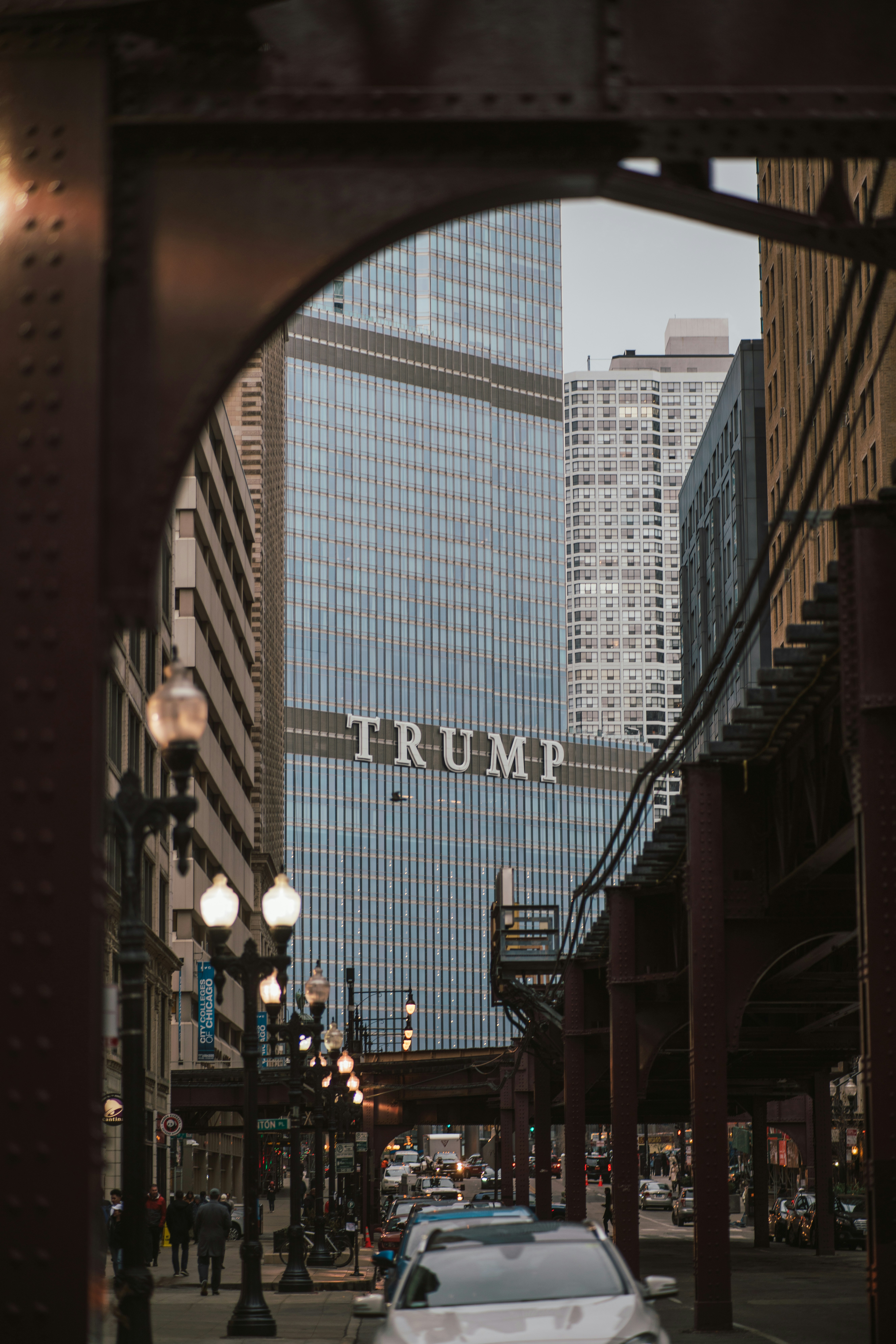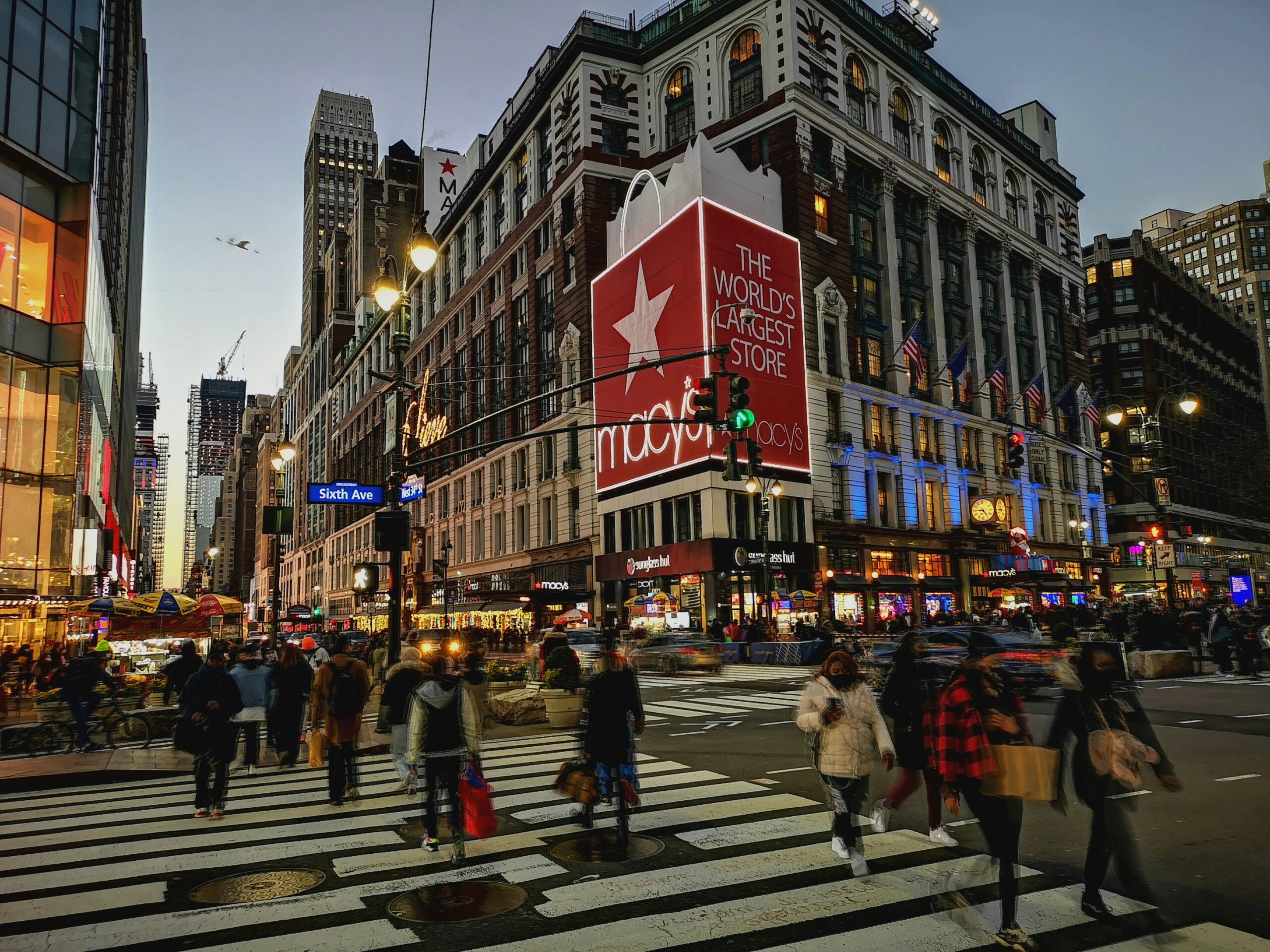Image credit: Unsplash
As the Trump administration readies itself to take control, U.S. farmers and other businesses that rely on temporary foreign works are growing concerned that the President-elect’s plans to deport millions of undocumented workers will create mass labor shortages, resulting in crippling farms and closing restaurants, impacting small businesses and raising prices.
“With the growing possibility of Trump’s plans taking effect, food producers, manufacturers, and hotels are hiring lawyers to audit the legal status of their workers,” said Amy Peck, an immigration attorney who represents employers at Jackson Lewis. In addition to hiring legal representation, these businesses are also training staff on how to handle surprise visits from immigration authorities in advance of Trump taking office in January.
“People are worried about the price of food now?” Peck said. “Wait until [food producers] can’t get workers.”
The Root of Businesses’ Fears
As of last year, the Center for Migration Studies reported that there were an estimated 11.7 million undocumented people in the country. Also, in 2023, according to the Labor Department, foreign-born workers accounted for 18.6 percent of the U.S. workforce; however, the department does not track their immigration status.
Now, these workers and their employers are in jeopardy. Trump’s “border czar,” Tom Homan, stated that the incoming administration plans to begin deportations with what they believe to be the “worst,” which are illegal immigrants who have also been convicted of crimes.
Also on board with Trump’s deportation plans is Representative Dan Crenshaw, a Texas Republican and Trump supporter who stated that, while he does not expect immigration authorities to go door-to-door to carry out deportations, “every once in a while,” there could be a “round-up of a certain company” that hires undocumented workers.
Other comments by Homan have caused business groups to be fearful that Trump could also attempt to slow legal immigration, arguing that they will not be able to replace their existing workforces with U.S. citizens.
Jim Bair, the chief executive of the U.S. Apple Association, a trade group for fruit farmers, stated, “Rarely does any US citizen show up to work, and if they do, they quit after the first day because the job is too hard.”
Legislation That Supports Businesses
It is not new for business owners to lobby for expanded pathways for legal immigration, with one pathway including simplifying the H-2A visa program and increasing the number of migrants who can qualify for work authorization through Temporary Protected Status. This allows people to enter the country from designated countries facing conflicts or disasters.
Other legislation that agriculture groups have supported would allow undocumented migrants to gain work authorization after paying a fine and agreeing to a set amount of time they will work on farms. Unfortunately, this legislation failed to gain support in the Senate despite bipartisan support in the House of Representatives.
Arguing that the food production and hospitality industries will be most affected by an immigration crackdown and deportations, executives warn that other businesses are likely to struggle to replace their largely foreign-born employees, like construction groups and food delivery services.
Owner of Chicago-based restaurant group Third Coast Hospitality and a member of the board of the National Restaurant Association, Sam Sanchez has publicly expressed his fear that half of the nation’s restaurants would be forced to close without undocumented workers, particularly when NRA research found that 54 percent of restaurant workers in the U.S. are without documentation.
“If you’re going to deport them, these restaurants would close, and we will see massive loss of revenue, income, and we will go on a downfall,” Sanchez said. “We believe that President Trump, as a business owner, will recognize this. We have good citizens, law-abiding citizens. We want to make sure that they stay working.”
Some business executives are hopeful that their warnings and concerns will soften Trump’s plans, but others are not as optimistic.
Jenni Tilton-Flood, a dairy farmer with Flood Brothers Farm in Maine, shared that she fears their proximity to the US-Canada border will make them easy targets for immigration authorities—a valid fear when two-thirds of her farm’s workers are foreign-born. These deportations would leave her unable to operate her business, as she would not have the needed support to care for her animals, and deporting workers could ultimately upend the entire dairy industry.
“There’s a lot of concern,” she said, “and there’s a lot of panic.”















































































































































